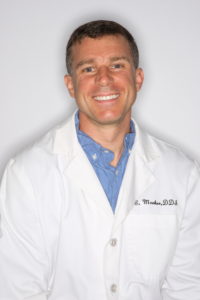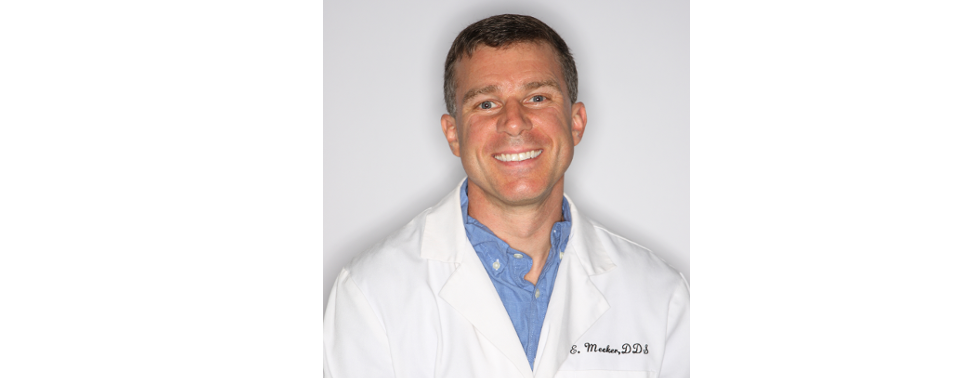General dentist offices need three (3) specific areas to coordinate and run efficiently for a practice to flow & prosper. Those staff areas are: doctor, front desk, and hygiene. Let’s consider the doctor to start. Most dental consulting pitches speak of “core values” and “mission statements” as primary to their program’s success. This is always important to keep in mind, but what’s much more valuable is, “Does the consultant dentist have the clinical skills to do dentistry correctly, and can he teach them quickly? What about case presentation skills?” When done correctly this facilitates the patient for the all-important fee presentation & scheduling discussion, with other staff members.

How do you deal with manipulators, drug seekers, hypochondriacs, con artists, and other trouble-makers? Those are real-world issues for which dentists need straight answers. Honestly, I don’t hear many from the ‘leading industry experts.’ From what I have observed in my 20+ years of diverse clinical experience is that most providers are lacking in basic clinical skills. This includes everything from diagnosis & treatment planning through operative, prosthetic & surgical treatment skills. Too many dentists fail at impression taking, pouring & mounting, and other fundamental lab skills. The dentist must be the team leader on this, so he/she can properly instruct & correct staff as needed.
Dentists are responsible for preventing & treating diseases of the oral cavity & its surrounding structures. There are 3 primary dental diseases: tooth decay, periodontal disease, and TMJ/occlusal disorders. The third listed is the most over-looked, by 90+% of dentists in my estimate– which is probably conservative. In short, practicing with a dental license and not diagnosing & treating occlusal (bite) disorders on a regular basis, is failing to meet a minimum standard-of-care. This is a skill that can be easily taught to any dentist who wants to improve themselves and relieve patient pain & suffering.



